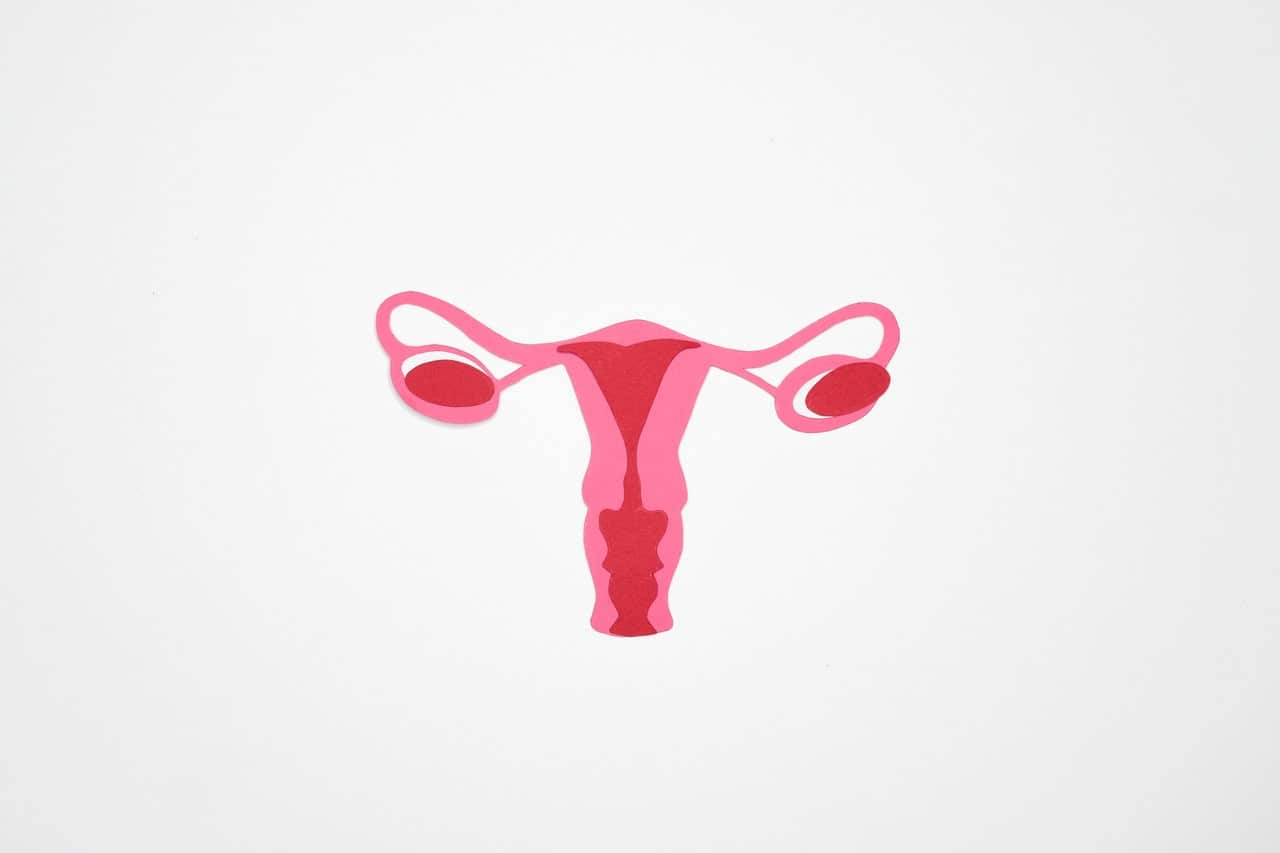Highlights
- The symptoms of PCOS include irregular menstrual cycles, excess weight and hair, acne, and infertility.
- When PCOS isn't attended to, it can lead to other more serious diseases such as endometrial cancer, cardiovascular disease and Type-2 diabetes.
- PCOS can be managed through birth control pills, diet, exercise and lifestyle changes.
Healthy Pinoy is SBS Filipino's weekly segment on health.
Listen to audio
LISTEN TO

Mga sintomas ng Polycystic Ovarian Syndrome o PCOS na hindi dapat balewalain ng mga kababaihan
SBS Filipino
08:46
"My doctor told me that it looked like I grew excess hair on my face and that I gained a lot of weight. Because my periods were irregular as well, my doctor urged me to get tested for PCOS," Sydney-based aged care nurse Carla Rocamora shares. According to , polycystic ovary syndrome (PCOS) affects 8–13% of reproductive-aged women.
According to , polycystic ovary syndrome (PCOS) affects 8–13% of reproductive-aged women.

Sydney-based Carla Rocamora Source: Carla Rocamora
Dysregulated ovaries

PCOS is fundamentally a hormonal imbalance. Source: Nadezhda Moryak from Pexels
According to GP Angelica Logarta-Scott, who specialises in women's health, PCOS is fundamentally a hormonal imbalance.
"The brain sends signals to our ovaries in the form of hormones and then that prompts ovaries to ovulate monthly. However, in people with PCOS, this signal from the brain to the ovaries is dysregulated.
"The ovaries keep on trying to get the correct signals from the brain. They try to ovulate, but are unable to. This is how the condition comes about - [they keep on trying, but failing, so] the ovaries form endometriosis follicles."
Angelica says that although the exact cause of PCOS is yet to be determined, genetics play a big role in the condition.
Symptoms and side effects

Some of the most common symptoms of PCOS are hirsutism or unwanted hair growth on the face, chest and back; excessive weight; acne and infertility. Source: Andrea Piacquadio from Pexels
Angelica also emphasises that unattended PCOS increases the risk of cardiovascular disease, Type-2 diabetes and endometrial cancer.
"When a female doesn't get periods, the chances of developing endometrial hyperplasia increases. This means the lining of the uterus thickens, thus increasing the risk of cancer," Angelica says.
Aside from the physical side effects of PCOS, the condition can lead to anxiety, depression and low self-esteem.
As Carla attests, "Don't wait to get your condition checked like I did. My self-confidence really went down because my nape started becoming dark, I had oily skin, acne and hair on my face."
PCOS Management

The intensity of symptoms and side effects is largely dependent on the sufferer's lifestyle and diet. Source: mentatdgt from Pexels
"There are those who are diagnosed with PCOS and they're able to change their lifestyles. They've lost weight and their condition improves. They still have the condition, but if they are able to manage it well, their symptoms improve."
Angelica shares that one way of managing PCOS symptoms is through birth control pills and Metformin to help with insulin resistance.
"Remember that pills don't cure PCOS. They simply help manage symptoms and help you have a period every month," she adds.
Carla was prescribed birth control pills, but she did not take well to them. She also admits to not taking her condition as seriously as she should have.
"I hated the side effects of the pill. It made me moody and nauseous. I need to ask my doctor for new medication.
"I am a stress eater as well. I have a lot of stress at work. I lack discipline. I plan on making serious changes now though."
Angelica advises to visit the GP once you have classical symptoms of the condition.
Disclaimer: The content provided is for informational purposes only and does not intend to substitute professional medical advice, diagnosis, or treatment. Consult your GP or doctor for support.


